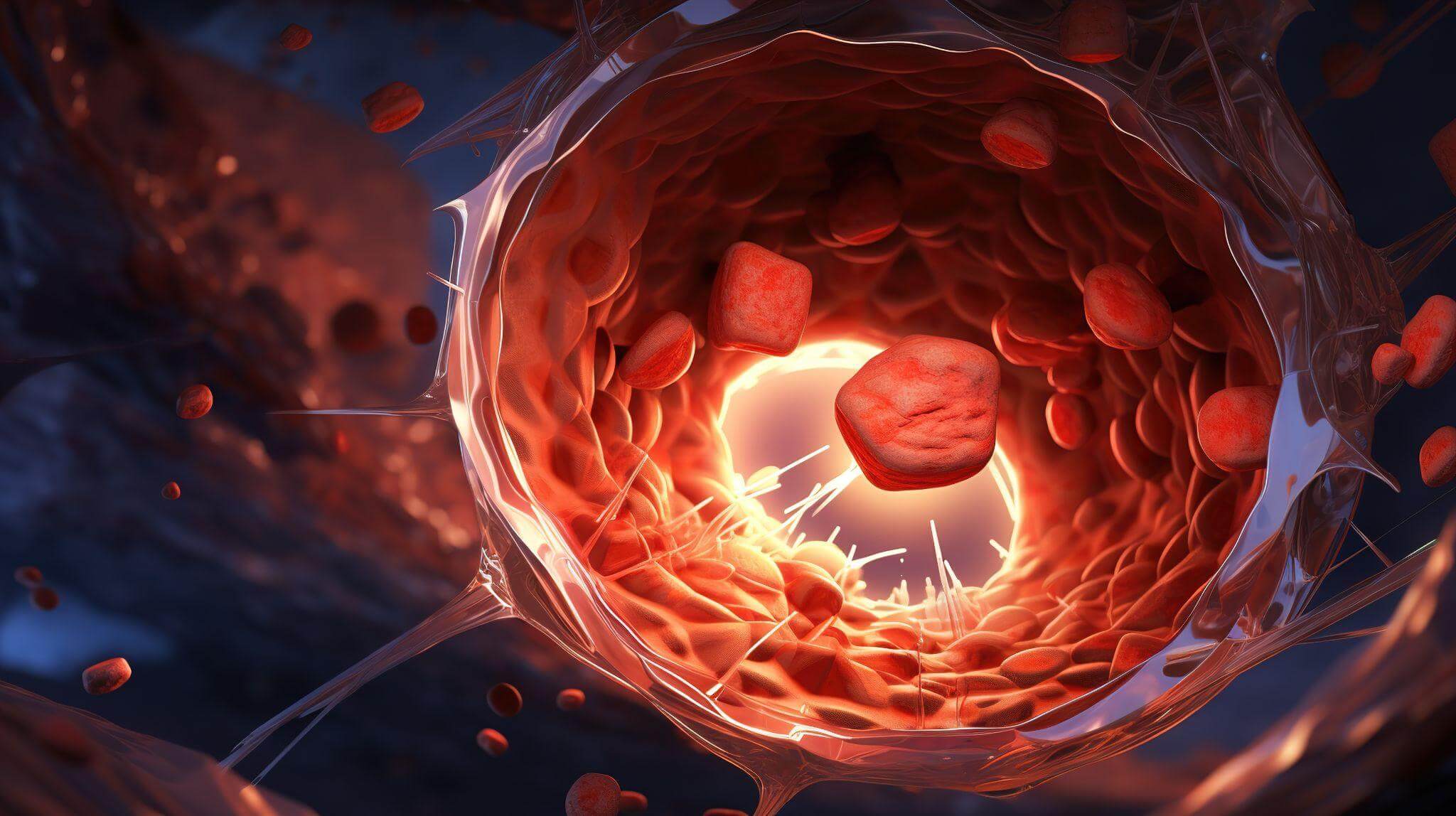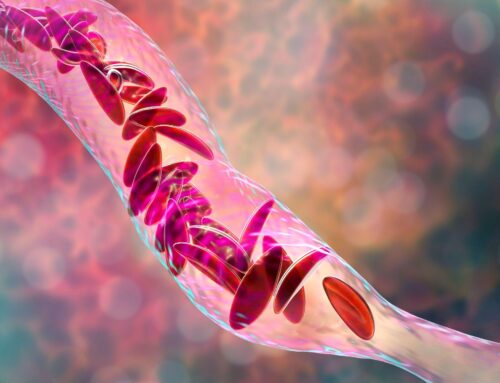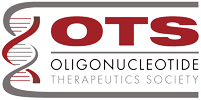Looking for something?
Follow-up Data Confirms That Inclisiran Provides Long-Term Reduction of LDL-Cholesterol

Cardiovascular disease is the leading cause of death in the United States, exceeding all types of cancer, unintentional injury, and stroke combined. However, updated data from Novartis’s open-label trial shows promising long-term results for inclisiran (Leqvio), the first and only small interfering RNA (siRNA) therapy to reduce low-density lipoprotein cholesterol (LDL-C).
ORION-8 is part of an extensive clinical trial program known as VictORION, which was co-created with international healthcare partners to generate evidence on the impact of lowering cholesterol with inclisiran. The program spans over 50 countries and includes over 60,000 patients in more than 30 clinical trials.
Based on three additional years of follow-up data from the Phase III ORION-8 trial, the results — presented at the European Society of Cardiology Congress 2023 — show that when taken twice a year and in addition to statin therapy, inclisiran provides a significant drop in LDL-C beyond six years of treatment in patients with atherosclerotic cardiovascular disease (ASCVD), increased risk of ASCVD, or heterozygous familial hypercholesterolemia (HeFH).
In the ORION-8 trial, patients from four previously completed Novartis trials received inclisiran every six months for up to an additional three years. The trial met its primary endpoint of achieving the LDL-C target range in the patients, which was set at less than 70mg/dL for patients with ASCVD and less than 100mg/dL for patients with increased risk of ASCVD. Eight in ten patients achieved these pre-specified LDL-C targets. On average, LDL-C levels dropped by approximately 50%. Additionally, few adverse events were observed in the trial, with just 5.9% of patients reporting injection site adverse events, confirming the favorable safety profile of inclisiran.
“In the largest study presented to date with several thousand injections, we can confirm that twice yearly dosing with the first-in-class siRNA therapy provides sustained reductions in LDL cholesterol by approximately 49 percent beyond six years of observation,” stated Dr. Kausik Ray, Professor of Public Health at Imperial College London and Honorary Consultant Cardiologist at the Imperial College NHS Trust.
“The ORION-8 results affirm the benefits of Leqvio in helping patients achieve sustained LDL-C reduction, which is important as cumulative exposure to LDL-C leads to the growth of plaque in the arteries and an increased risk of cardiovascular events,” said David Soergel, M.D., Global Head of Cardiovascular, Renal and Metabolic Drug Development, Novartis. “The trial is part of a growing body of evidence for Leqvio being generated through our ongoing VictORION program that is examining the use of Leqvio in broad and varied patient populations affected by ASCVD.”
How Inclisiran Works: silencing the risk of cardiovascular disease
Atherosclerotic cardiovascular disease (ASCVD) includes a variety of diseases caused by the development and growth of plaques in the inner lining of the arteries, mainly composed of LDL-C that’s accumulated over time. The plaques narrow the arteries and can obstruct blood flow, making the risk of cardiovascular events like a heart attack or stroke much more likely, and accounting for 85% of cardiovascular deaths. Inclisiran works by lowering the amount of LDL-C that is produced via “silencing” the production of the PCSK9 enzyme, which is responsible for increasing LDL-C levels in the bloodstream (1). Unlike PCSK9 inhibitors, inclisiran is a chemically synthesized small interfering RNA (siRNA) molecule that reduces the production of PCSK9 by silencing the RNA involved in the synthesis of PCSK9 (1).
Expanding Inclisiran’s Reach With Label Updates
The results of the long-term study aren’t the only new updates for inclisiran this year. In July 2023, the FDA approved a label update that allows for earlier use of inclisiran in addition to diet and statin therapy for patients with elevated LDL-C. This patient population includes those who have comorbidities like hypertension and diabetes and who have not had a cardiovascular event but are at an increased risk of heart disease.
“Novartis is committed to addressing the rising burden of cardiovascular disease, a substantial public health burden affecting 30 million Americans,” said Victor Bulto, President of Novartis Innovative Medicines U.S. “High LDL-C is one of the most readily modifiable risk factors for heart disease, and this label update for Leqvio will help us reach a greater number of patients who struggle with lowering their LDL-C.”
Further label updates include the removal of the Limitations of Use statements and a more streamlined safety section that removed four adverse events as they were experienced at the same frequency as in the placebo group.
Inclisiran competitors: other LDL-lowering drugs in the field
The primary alternative for lowering LDL and reducing the risk of heart attacks has long been a group of prescription medications known as statins. Taken once a day, statins slow down the liver’s production of cholesterol and increase the liver’s ability to remove LDL cholesterol already in the blood. According to the Cleveland Clinic, statins are the most common drug class of prescriptions in America, with more than 40 million adults taking them.
Before the approval of inclisiran, the non-statin alternatives for lowering LDL and reducing the risk of heart attacks included ezetimibe (Zetia) and PCSK9 inhibitors alirocumab (Praluent) and evolocumab (Rapatha).
Like inclisiran, evolocumab is an injectable medicine. However, its method of blocking the protein differs. Instead of interfering with the translation of the PCSK9 mRNA as inclisiran does, it works as a monoclonal antibody that binds directly to PCSK9 in the liver, preventing it from binding to LDL receptors. Based on clinical study data, evolocumab produces approximately 60% reduction in LDL-C (2), and according to evolocumab’s FOURIER study, when taken with a statin, it reduces the risk of cardiovascular events by 20%. Additionally, the antibodies to PCSK9 all had slightly better LDL-C lowering capabilities compared to inclisiran but are injected more frequently by self-injection. It’s worth noting that while inclisiran is injected twice a year in a clinic by a physician, evolocumab is self-administered at home every two weeks or monthly. The degree to which inclisiran reduces the risk of cardiovascular events is still being generated in the VictORION work Novartis is conducting.
Also in the field is bempedoic acid (Nexletol), which was granted FDA approval a year before inclisiran. Taken alone, bempedoic acid lowers LDL by about 25%, but studies suggest it reduces LDL by about 40% when combined with ezetimibe.
A Brief History of Inclisiran
In 2019, it was announced that inclisiran hit its primary and secondary endpoints in its ORION-10 Phase 3 trial, which tracked patients’ LDL levels for 18 months following the start of treatment. The findings were significant, revealing that the drug was more effective at lowering LDL than statins. In 2021, the drug was granted FDA approval as the first siRNA therapy approved to reduce LDL-C and is now approved in over 80 countries.
A significant benefit of inclisiran is its injection schedule. With only two doses needed per year, inclisiran has the potential to lead to better patient compliance. Data has shown that even monthly dosing of other drugs designed to reduce cholesterol often leads to about 30% of patients discontinuing their therapy after six months and 50% after three years. As heart disease remains the leading cause of death worldwide, therapies like inclisiran provide patients suffering from heart disease or those at an increased risk of developing heart disease with a promising new way to receive treatment. The long-term trial results and the recent label updates are positive developments in making inclisiran a potentially accessible and effective option.
References:
- Klinovski M, Boucher M, Perras C, et al. Inclisiran: A Small Interfering RNA Molecule for Treating Hypercholesterolemia. 2019 Dec 1. In: CADTH Issues in Emerging Health Technologies. Ottawa (ON): Canadian Agency for Drugs and Technologies in Health; 2016-. 180. Available from: https://www.ncbi.nlm.nih.gov/books/NBK555477/
- Blanco Echevarría A, García Díaz JD, Caixas A, Plana Gil N, Rico Corral MÁ, Bridges I, Dhalwani N, Gatell Menchen S, Ray KK. Long-term treatment persistence and maintained reduction of LDL-cholesterol levels with evolocumab over 30 months: Results from the Spanish cohort of the European prospective HEYMANS study. Clin Investig Arterioscler. 2023 Nov-Dec;35(6):263-271. English, Spanish. doi: 10.1016/j.arteri.2023.04.004. Epub 2023 May 24. PMID: 37236829.
“The views, opinions, findings, and conclusions or recommendations expressed in these articles and highlights are strictly those of the author(s) and do not necessarily reflect the views of the Oligonucleotide Therapeutics Society (OTS). OTS takes no responsibility for any errors or omissions in, or for the correctness of, the information contained in these articles. The content of these articles is for the sole purpose of being informative. The content is not and should not be used or relied upon as medical, legal, financial, or other advice. Nothing contained on OTS websites or published articles/highlights is intended by OTS or its employees, affiliates, or information providers to be instructional for medical diagnosis or treatment. It should not be used in place of a visit, call, consultation, or the advice of your physician or other qualified health care provider. Always seek the advice of your physician or qualified health care provider promptly if you have any healthcare-related questions. You should never disregard medical advice or delay in seeking it because of something you have read on OTS or an affiliated site.”








